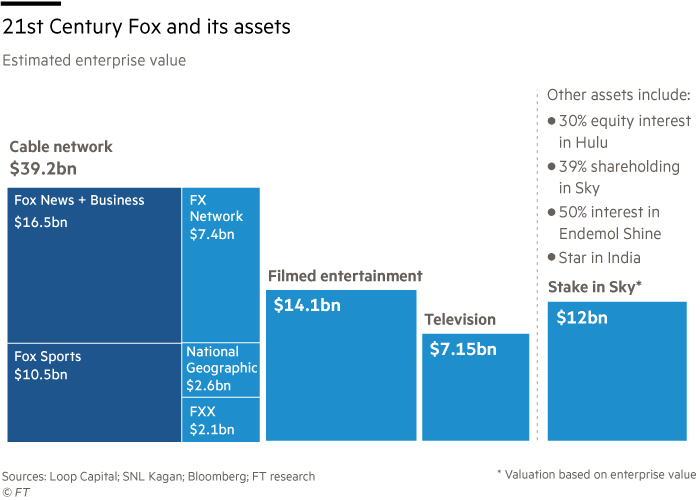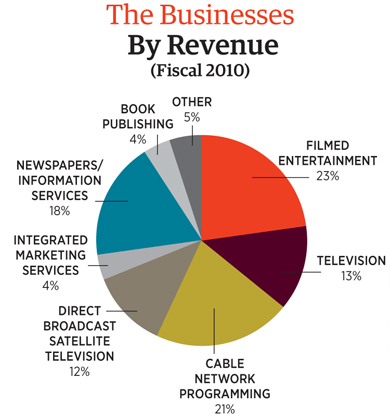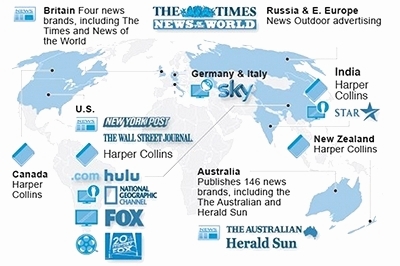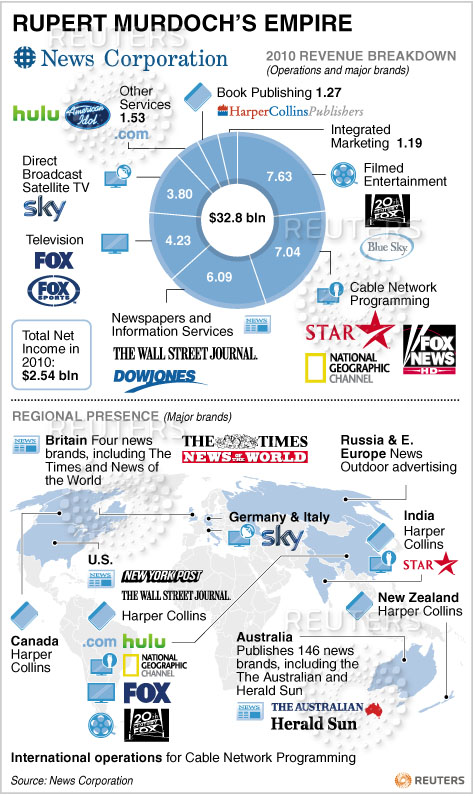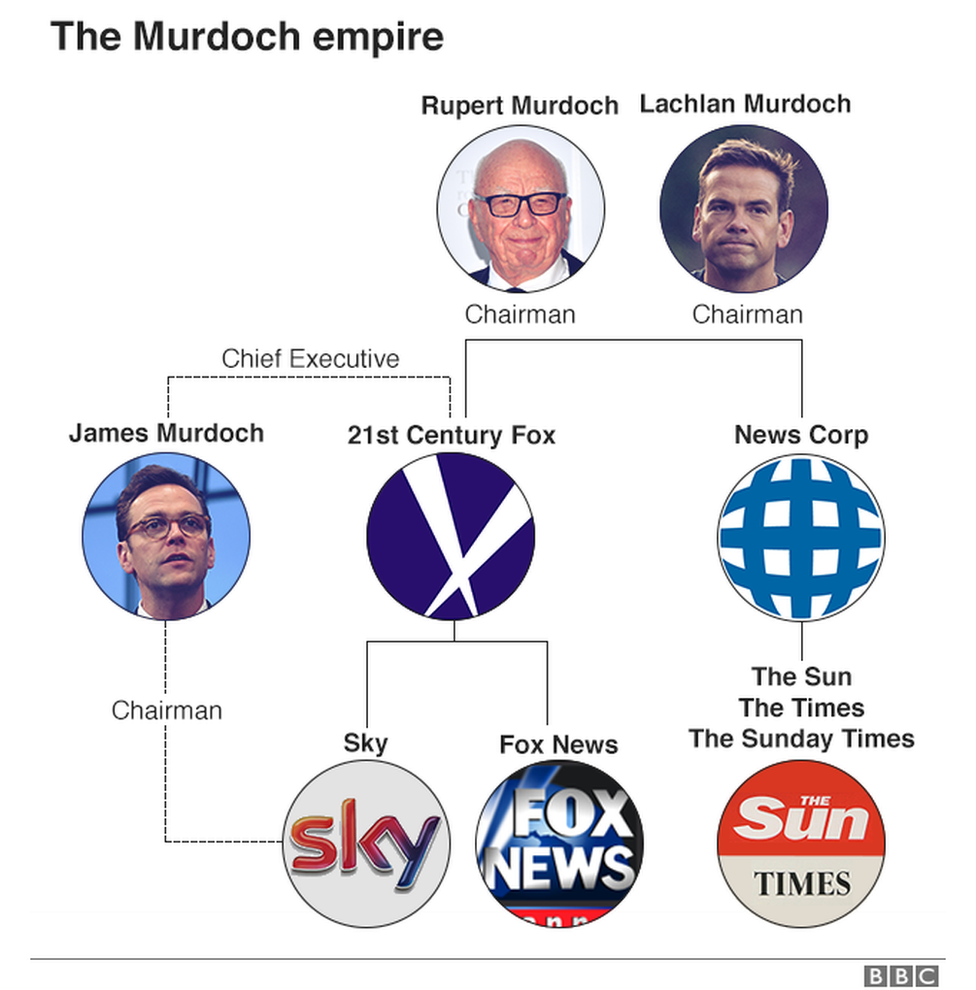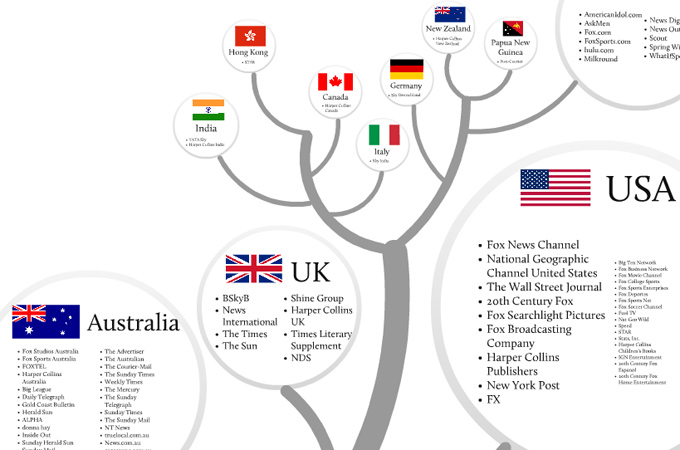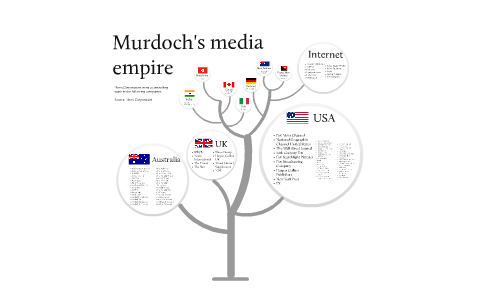- Media concentration / Conglomerates / Globalisation (in terms of media ownership)
A company owning a large number of companies in a media based industry eg. film, television, radio
- Vertical Integration & Horizontal Integration
A single parent company owning multiple companies within an industry eg. film industry
Horizontal – Owned companies at the same stage of the industry eg. multiple production companies
Vertical – Owned companies at different stages of the industry eg. production, distribution, exhibition
- Gatekeepers
A secretary who controls who gets an appointment with a president of the company is an example of a gatekeeper.
- Regulation / Deregulation
government stopping large monopolies from forming / continuing to make it more fair for smaller businesses
- Free market vs Monopolies & Mergers
a single person or company that owns the majority of a industry. positive and negative effects
- Neo-liberalism and the Alt-Right
- Surveillance / Privacy / Security / GDPR
‘ for every individual who succeeds, there are many who do not. For many, it will be the result of a perfectly reasonable personal decision that the commitment and determination required is not for them’ ~ Creative Britain (2008)

Media working practices
Journalistic practices
Althusser says that we are socially constructed and what socially constructs us is ‘despite its diversity and contradictions . . . the ruling ideology, which is the ideology of ‘the ruling class’,’ In relation to journalistic practices, they are effected by this ‘ruling class’ and in turn construct our society. For example, Murdoch visited his editor of the sun after writing a report supporting Tony Blair saying he got it all wrong , making him rewrite it supporting the entire labour party and their ideologies as well as Blair.
Journalistic practices: Noam Chomsky presents his thoughts on how the mass media works against democracy’s best interests in his documentary Manufacturing consent, this relates to the leveson inquiry, a judicial public inquiry into the culture, practices and ethics of the British press following the News International phone hacking scandal. The Murdoch dynasty was also affected by the inquiry, it was found out that his company was paying the police for information, however nothing came of it. This can also relate to Hesmondhalgh’s theory, he points out that societies with profitable cultural industries tend to be dominated by large companies, have minimal government regulation and significant inequality between rich and poor.



